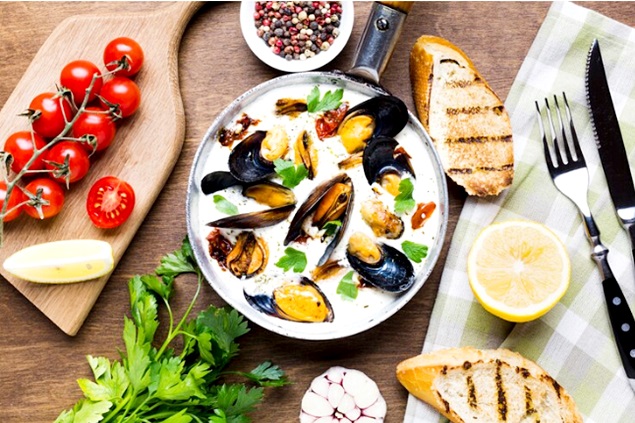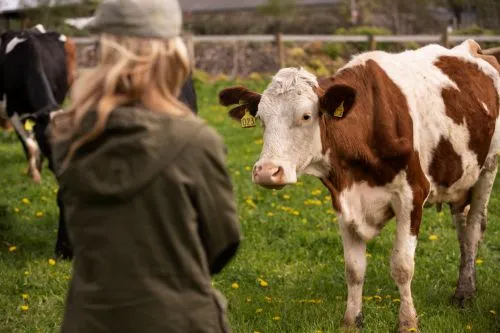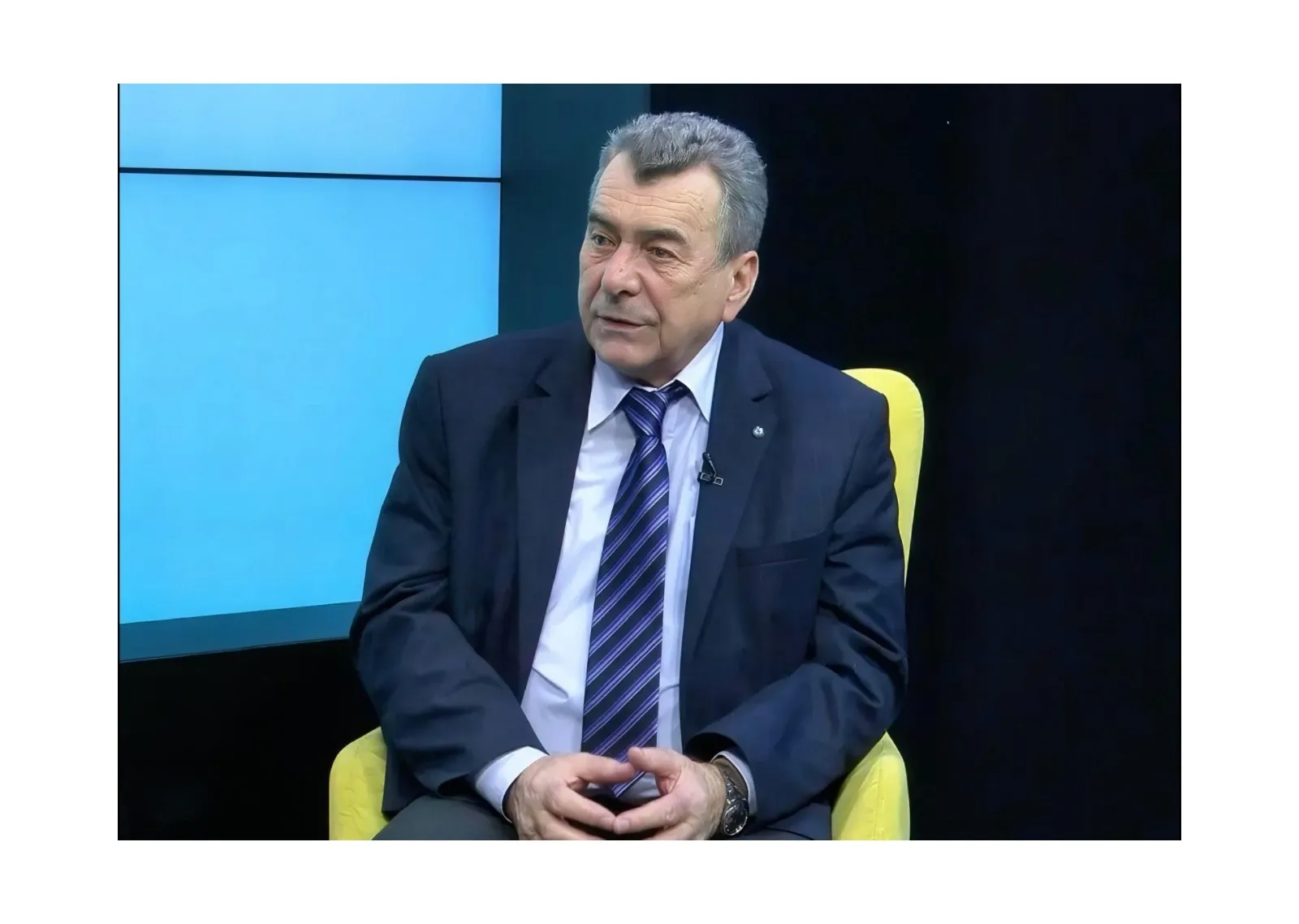1735

The EU is financing a project aimed at promoting the Mediterranean diet as a path to a "healthy and active lifestyle." The project, called MEDIET4ALL, will work with ten partners from eight countries, bringing together the expertise of experts from Europe and Africa to promote the widespread adoption of a diet rich in whole grains, fish, and vegetables.
Following traditional patterns
The Mediterranean diet aims to follow traditional eating patterns common in countries around the Mediterranean. Long associated with good health, the diet is rich in vegetables, fruits, legumes, nuts, beans, cereals, fish, and unsaturated fats, while being low in meat and dairy.
Studies in the past have linked it to a reduced risk of dementia, increased chances of healthy aging, and improved bone health in those suffering from osteoporosis.
However, many Mediterranean countries are moving towards the consumption of "ultra-processed" foods, which have been linked to poor health outcomes. According to estimates, the contribution of ultra-processed foods to nutrient intake exceeds 50% in many European Mediterranean countries.
Moreover, some researchers have suggested a link between the shift to "Western diets" in Italy and the rise of obesity-related diseases.
Now, a new EU project aims to promote the widespread adoption of minimally processed and unprocessed foods, discouraging the consumption of ultra-processed foods in eight countries.
Highlighting the large body of evidence that the Mediterranean diet is linked to positive health outcomes and is easily adoptable among patterns of minimally processed eating, with a focus on fruits, vegetables, whole grains, and olive oil, this has been chosen as the diet of choice.
A transnational, multidisciplinary project
To promote the Mediterranean diet, researchers will conduct online surveys to better understand Euro-Mediterranean consumers and their adherence to the Mediterranean diet.
This will enable them to design programs that encourage the consumption of the diet, including social programs and physical exercise programs, as well as dietary recommendations.
Some of the products and activities that will be established by the project include cooking classes, collaborative games, organizing awareness and motivation campaigns, creating digital takeouts, developing and testing modern, eco-friendly nutritional recipes, and creating a consumer-producer contact platform.
The project will also develop and test a MEDIET4ALL app, which aims to be used as a smart lifestyle coach.
Additionally, it will emphasize the sustainable aspect of the Mediterranean diet, which can help save energy and water, preserve soils, and reduce greenhouse gas emissions. Thus, the project will be part of the EU's Farm to Fork strategy.
Raising awareness of negative effects
In addition to focusing on the positive aspects of the Mediterranean diet, the project will also raise awareness of the negative impact on health of ultra-processed foods.
The project, spanning Southern Europe and North Africa, will involve an eclectic and diverse collection of experts, covering topics from sports science to computer science, dietetics to packaging technology.
It will also involve a wide range of academic institutions, such as the University of Burgundy in France, the University of Valencia in Spain, the University of Palermo in Italy, the University of Sfax in Tunisia, École Nationale d'Agriculture de Meknès and Faculté de Médecine et de Pharmacie de Rabat in Morocco, and the University of Boumerdes in Algeria.
The project will also include non-academic partners, such as the agri-food innovation cluster Vitagora in France and the training institute and social enterprise Microtarians in Luxembourg.
"Our challenge is to create a transnational movement that promotes the MEDIET culture and, therefore, supports the transition to healthy, minimally processed foods," said Dr. Achraf Ammar, who leads the project.





